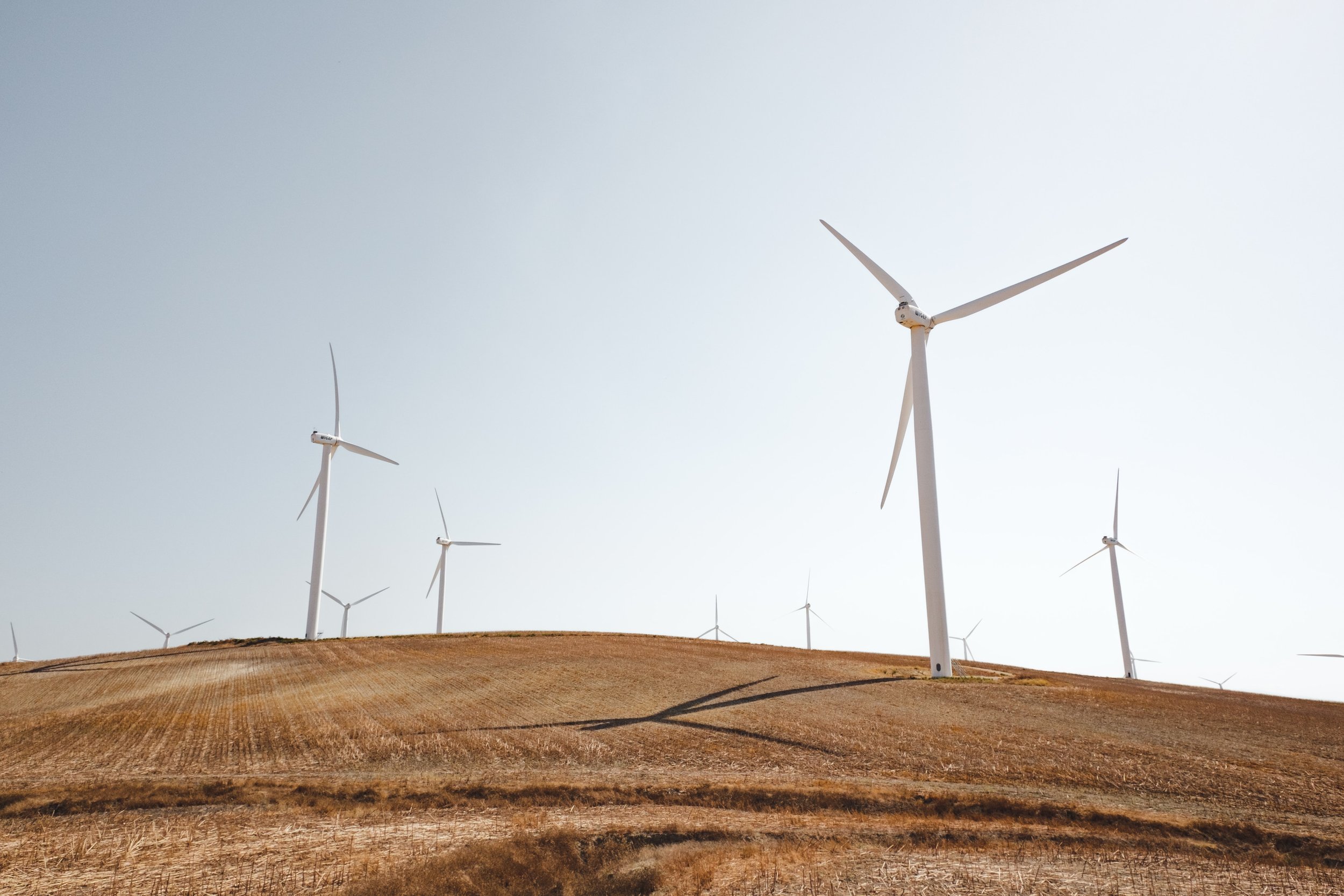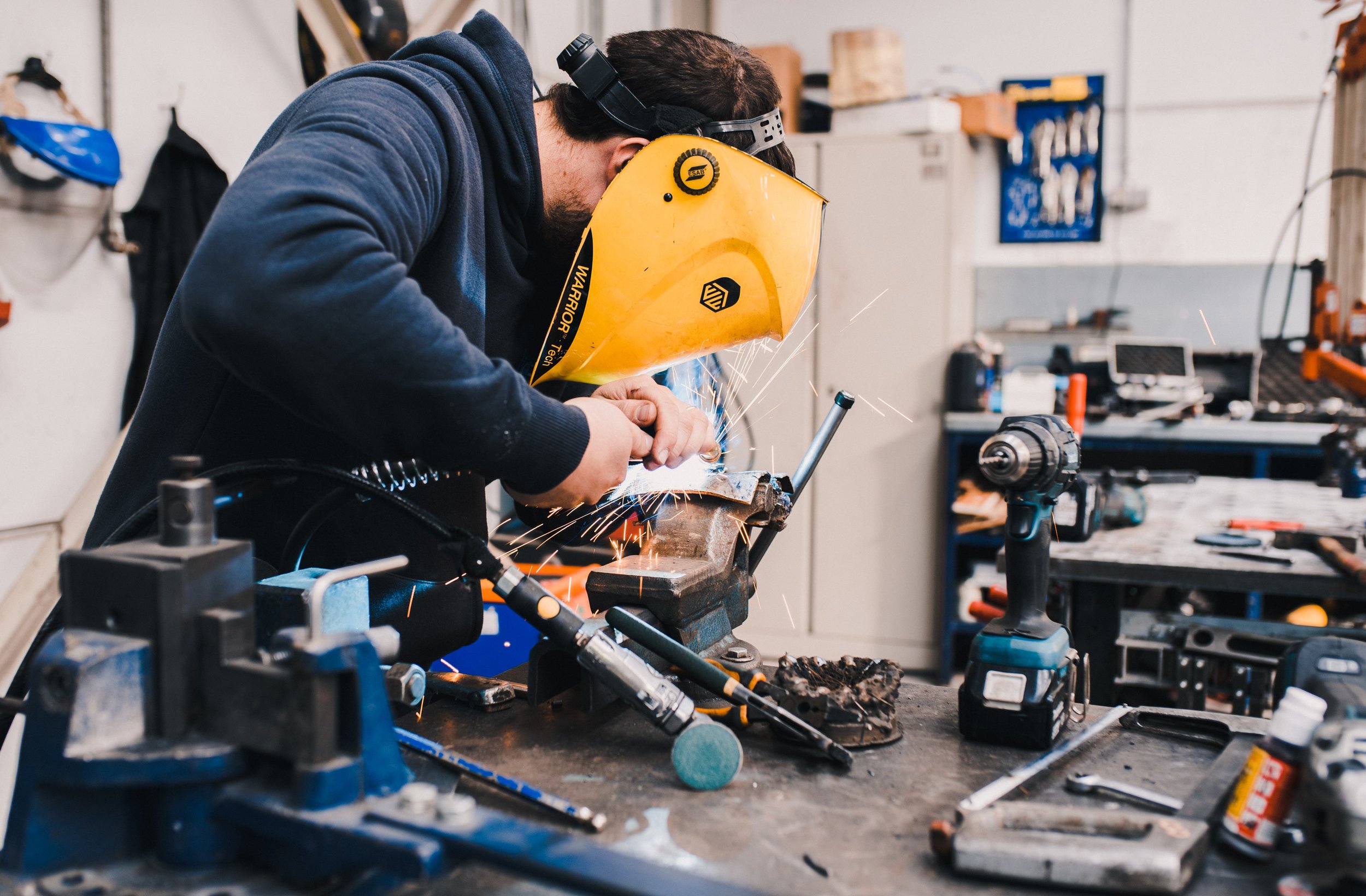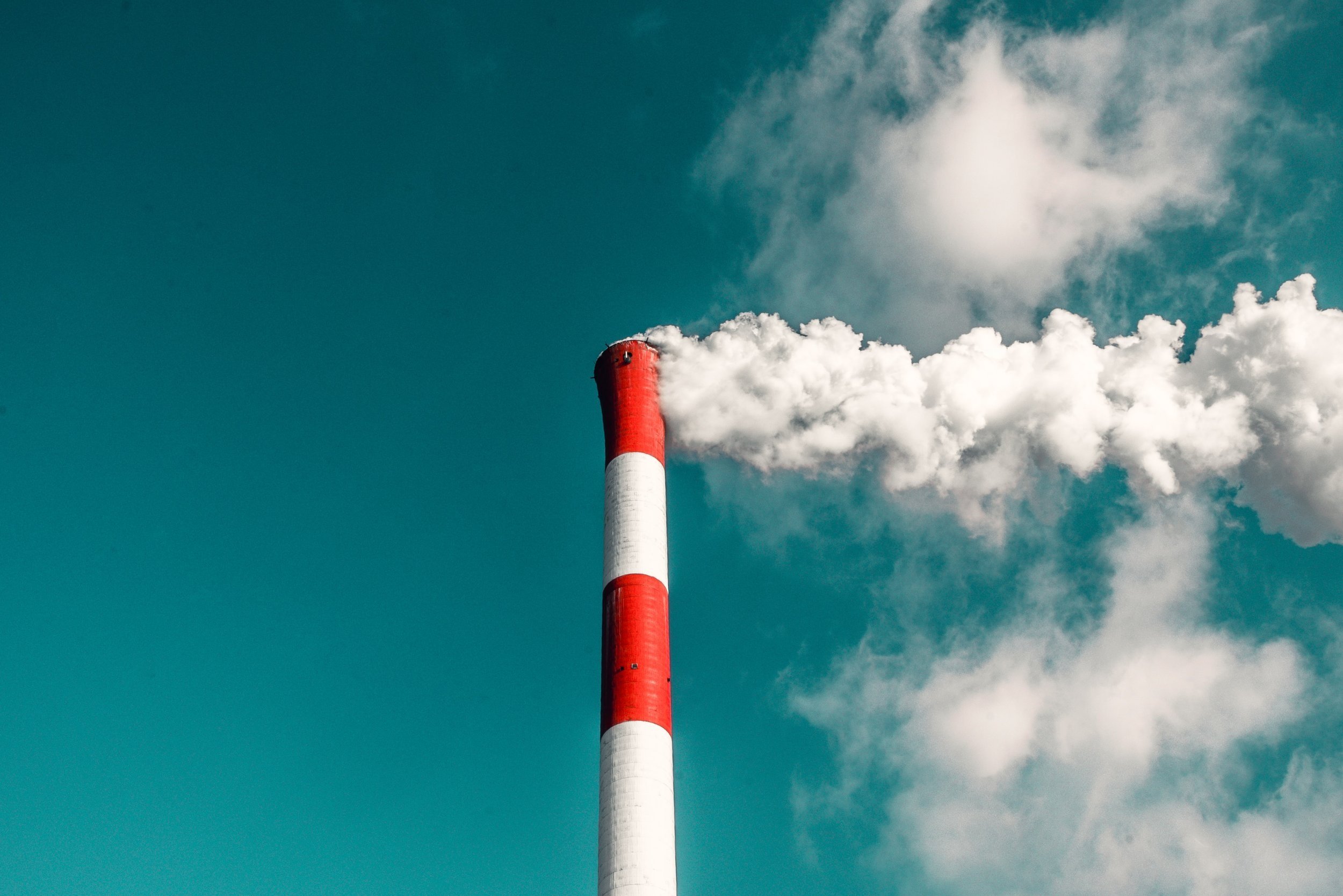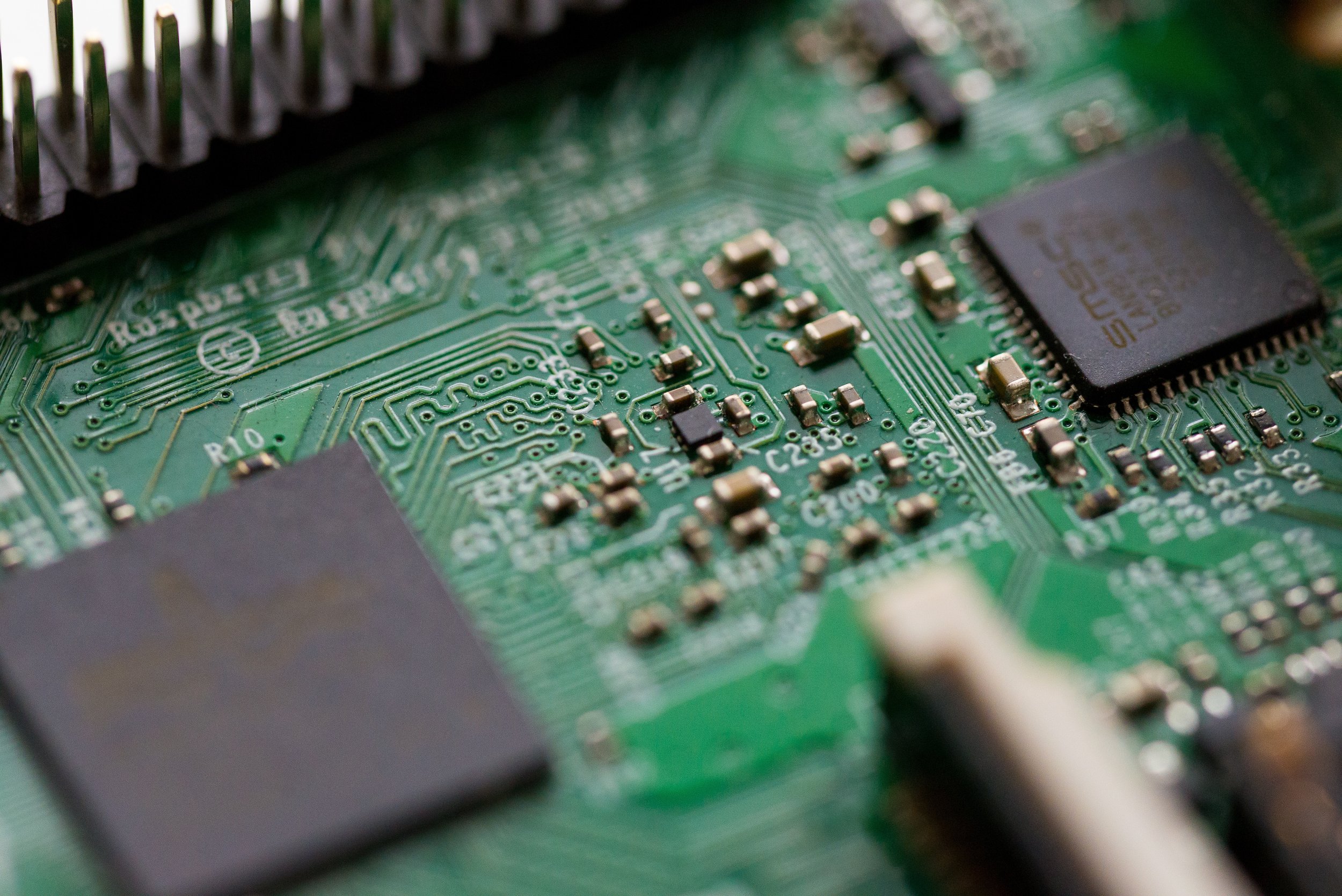Value Retention Consultancy
At Oakdene Hollins, we are pioneers in value retention, providing comprehensive support to businesses seeking to explore and implement Value Retention Processes (VRPs) that ensure life and use extension, reduced waste generation, and alignment with the circular economy and net-zero.
Oakdene Hollins is well versed in providing strategic guidance and research on value retention processes (VRPs) including remanufacturing, reuse and refurbishment. Oakdene Hollins has experience in supporting businesses and organisations to identify opportunities and challenges in retaining value throughout product lifecycle and use cycles. Our work in this sector spans materials such as steel, packaging and raw materials as well as batteries, automotive, and manufacturing sectors to name a few.
Value retention processes
Value Retention Processes (VRPs) maximise the value of products, components, and materials, and extend their useful life through life extension and value retention. The concept of VRPs, was first formalised by Professor Nabil Nasr and colleagues as part of study for the UNEP International Resources Panel in 2018. Their study sought to identify and distinguish between different value retention processes and demonstrate the potential socio-economic and environmental benefits that could be realised. Value can be embodied within:
Value retention describes the value embodied within materials, components and products that are recirculated at their end of life when they undergo VRPs. This “value” can be measured in different forms, including embodied carbon, embodied energy, embodied labour, and embodied critical raw materials – the list could go on. The key point is that these processes allow us to use products for longer, reduce extractive processes, and contribute to greater resource efficiency.
The UNEP IRP report focuses on value retention processes that take place at a product level, which include remanufacturing, comprehensive refurbishment, refurbishment, repair, and direct reuse.
-
Oakdene Hollins have been active in remanufacturing research for almost twenty years. We were involved in the first UK study of remanufacturing activity in 2003, and since then, have investigated remanufacturing markets in the EU, Scotland, Malaysia, and Canada.
Our offerings include:
Analysis of current and potential remanufacturing markets by product, sector, and nation.
Analysis of the socio-economic and environmental benefits of remanufacturing.
Analysis of market barriers and enablers, including technical, economic, social and legislative.
Innovation technologies review and market impact
Metrics for monitoring
Best practice and case studies
CER
Understanding of the market potential for remanufacturing and the drivers for growth.
Quantification of the environmental benefits of remanufacturing to support communication of its impacts.
Quantifying the size of the current market to better
Support new entrants to remanufacturing to identify potential markets and partners.
Enabling connections/collaborations
-
We are increasingly working in this space across Europe and the Globe to help organisations in the electrical goods space. This follows on from countries passing legislations around the requirements for spare parts and the repairability of electrical devices.
Our offerings include:
Impact assessment (based on carbon and waste produced)
Design for repair (research on the capabilities of current and future devices to be repaired)
Best practice and case studies
Determining the market potential for repair and outlining the drivers for growth
Quantifying the environmental benefits of repair to communicate its impact
Quantifying the size of the market and identifying future market opportunities.
Enabling partnerships with collaborators
-
Behind prevention, reuse is the second most important step in the waste hierarchy. Similarly to repair, we are increasingly working to help clients transition to a more circular economy, in the automotive space.
Our offerings include:
Environmental impact assessments
Best practice and case studies of reuse business models and take back schemes
Analysis of potential markets, along with a cost-benefit analysis of single-use and reusable options
Using a systems approach to understand the different key stakeholders in developing a reuse offering
Understanding the market potential and drivers for growth of reuse models
Enabling opportunities for collaboration and partnerships
-
High value recycling typically requires technological advancements to process increasingly complex waste products and materials. These are often predicated on sophisticated (and capital intensive) equipment and workforce expertise.
Our offerings include:
Analysis of the socio-economic and environmental benefits of ART processes
Feasibility assessments of innovative recycling technologies
Quantifying of the economic, environmental and social benefits of ART processes
Understanding the technology landscape with respect to clean energy options
Want to know more about what work Oakdene Hollins does in Value Retention? You can read some of our related articles and projects below.













